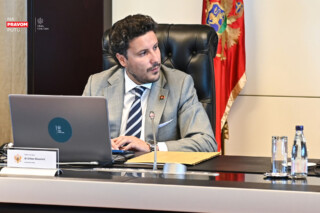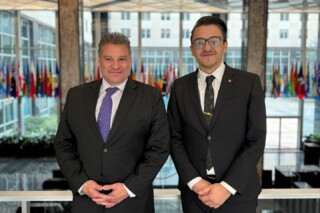Montenegro’s Chief Negotiator with the EU, Mr Aleksandar Drljević, says in the interview for CdM portal that the history shows that Balkans region has always been at the center of different influences and interests due to its geo-strategic position. However, with the renewal of independence, Montenegro took control over its citizens. Mr Drljević says that Montenegro’s objective is to reach the European quality of life, which is an integral part of belonging to the most developed European states and nations. Chapter 8 is expected to be opened by the end of year. As far as rule of law and fight against corruption are concerned, Mr Drljević announces that institutions will intensify their activities in the forthcoming period so that the effects are more visible in practice.
CdM: What’s your comment on the statement made recently by the French president, Mr Emmanuel Macron who said that that there’s no room for enlargement in the future European structure given the fact that the existing 28 Member States disagree? Is this message dangerous for the Montenegrin integration course and to what extent?
Mr Drljević: Mr Macron’s statement should be interpreted in the context of the current state of affairs in the EU, especially in the context of the long-drawn-out Brexit process and recently held elections to the European Parliament. Furthermore, situation in some Member States should be taken into account as well – France, for example, has been coping with some internal challenges for a long time.
However, a considerable number of member states are still supporting the enlargement policy. We’ve received very clear confirmation at the last WB Summit in Poznan, where it was concluded that the enlargement policy contributed to the stability, progress and development and that it still is the best EU policy.
It’s certain that the EU needs internal reforms, but I firmly believe that they can be carried out simultaneously with the enlargement process. These two processes together can lead to greater and more efficient, more unique EU in which there is definitely space for the WB. It’s up to us to keep fulfilling our tasks, the EU is waiting for us.
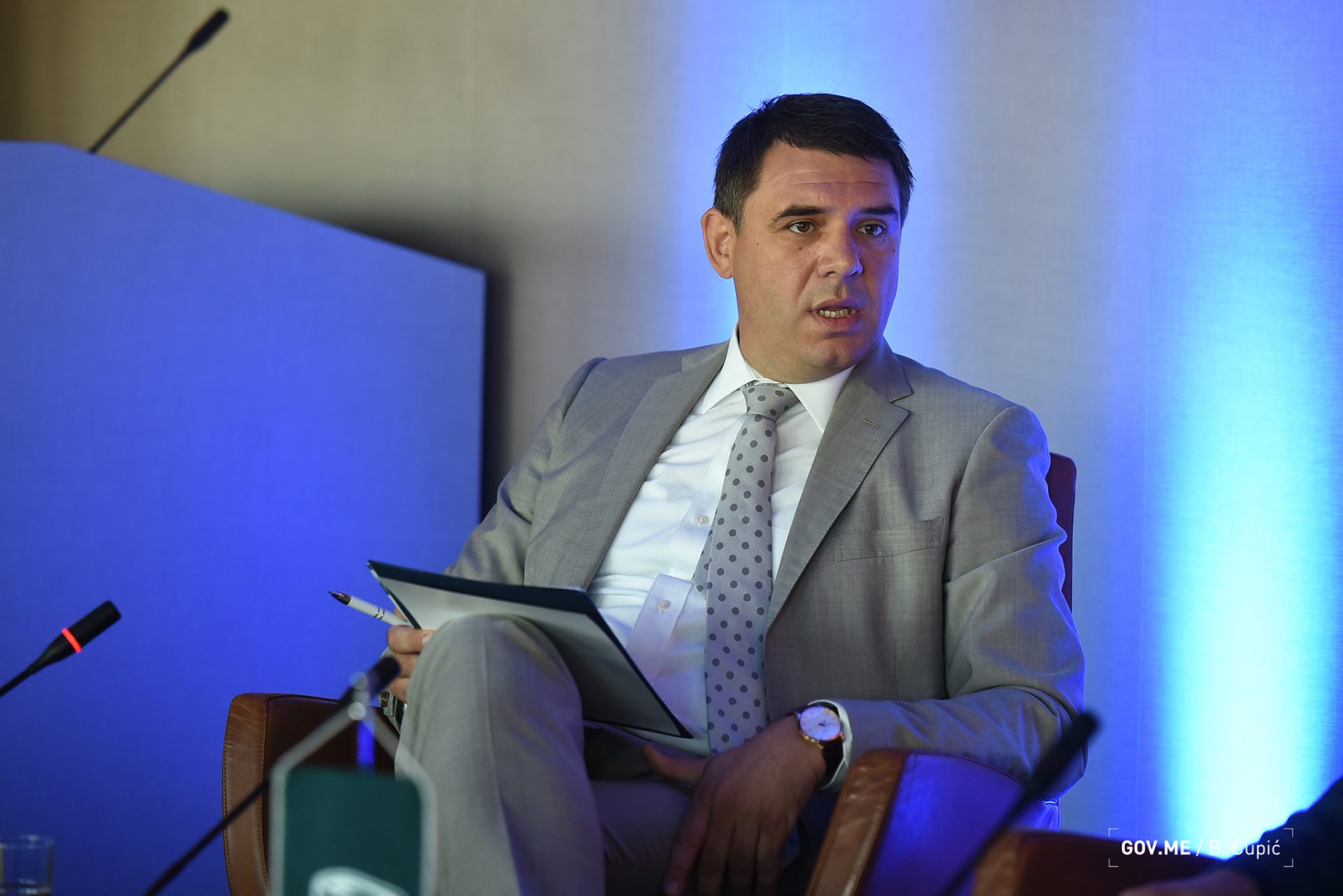
CdM: What would happen with the WB region if it was left out of the European perspective?
Mr Drljević: European perspective is a strong incentive to the essential reform processes at WB. So far, the support we had and the EU presence in our region had contributed to development of neighborly relations, enhancement of democracy and rule of law, economic linking and growth. If the region sis left out from Europe, or juts left hanging, it would be very bad as it could lead ti instability and economic stagnation, return to retrograde policies from the past.
I want to believe that we’ve all learned some lessons from our history and that we know what kind of future we want. As for Montenegro, we have no dilemma. We want European quality of life. After the reforms are implemented, all countries of our region are welcome to the EU.
CdM: Do such messages prompt specific political structures in Montenegro to stimulate their activities aimed at stymieing Montenegrin EU integration?
Mr Drljević: The history shows that the Balkans has always been the target of different influences and interests, due to its geo-strategic position. And it’s quite the same now. What’s different is the fact that, with the renewal of independence, Montenegro took control over its citizens. We base our foreign policy on development and reinforcement of neighborly relations, while being strongly committed to partnership with the most developed countries in the world.
CdM: When can we expect Montenegro to open Chapter 8? What chapters is Montenegro ready to close?
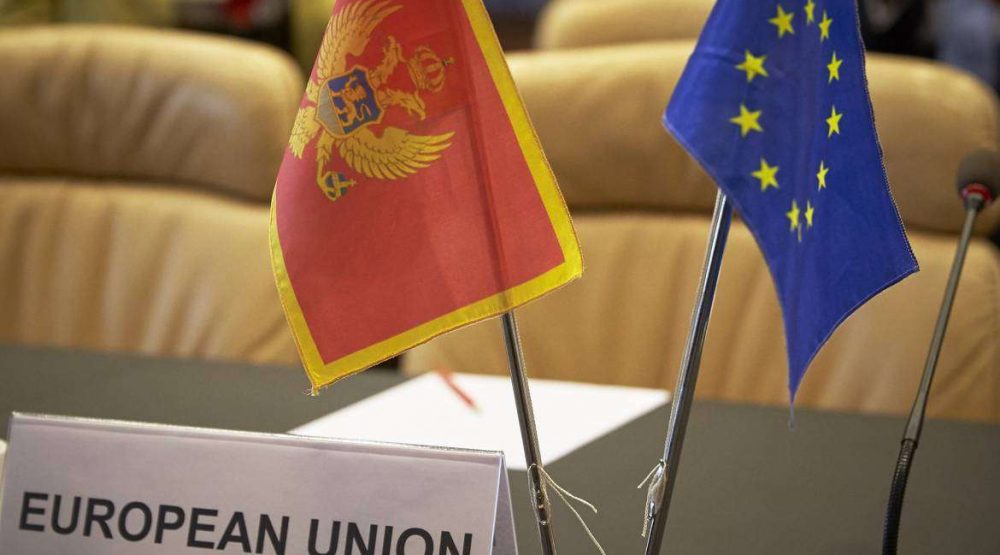
Mr Drljević: Montenegro has met all the requirements for opening Chapter 8. In February 2018, with the adoption of the Law on State Aid Control and Law on the Amendments to the Law on Protection of Competition, we have harmonized our regulations with the acquis communautaire. We have also improved the capacities of the Agency for the Protection of Competition. We expect this last chapter in the negotiations to be opened by the end of this year.
On the other side, we are ready to declare internal readiness in several negotiation chapters.
CdM: Do you believe that the EU will keep advocating for the regatta principle? If the Brussels changed the system, what would it mean for Montenegro?
Mr Drljević: The EU will certainly keep supporting the regatta principle and it won’t give up on it. I’m convinced that membership based on individual achievements is the only right way and mechanism that can motivate every member state to achieve good results.
CdM: What are the most important reforms that Montenegro implemented in the areas covered by chapters 23 and 24?
Mr Drljević: In the past period we have been strongly committed to the implementation of reforms in chapters 23 and 24, as they are prerequisite of the overall progress of the society and our EU membership. Results in all areas covered by these chapters are already visible. We have adopted over 70 laws and established the most important institutions for their efficient application.
The system for the fight against high corruption and crime is also producing positive results.
CdM: The EC is constantly stressing that Montenegro has to fight organized crime and corruption with more determination. How much progress has the country made so far?
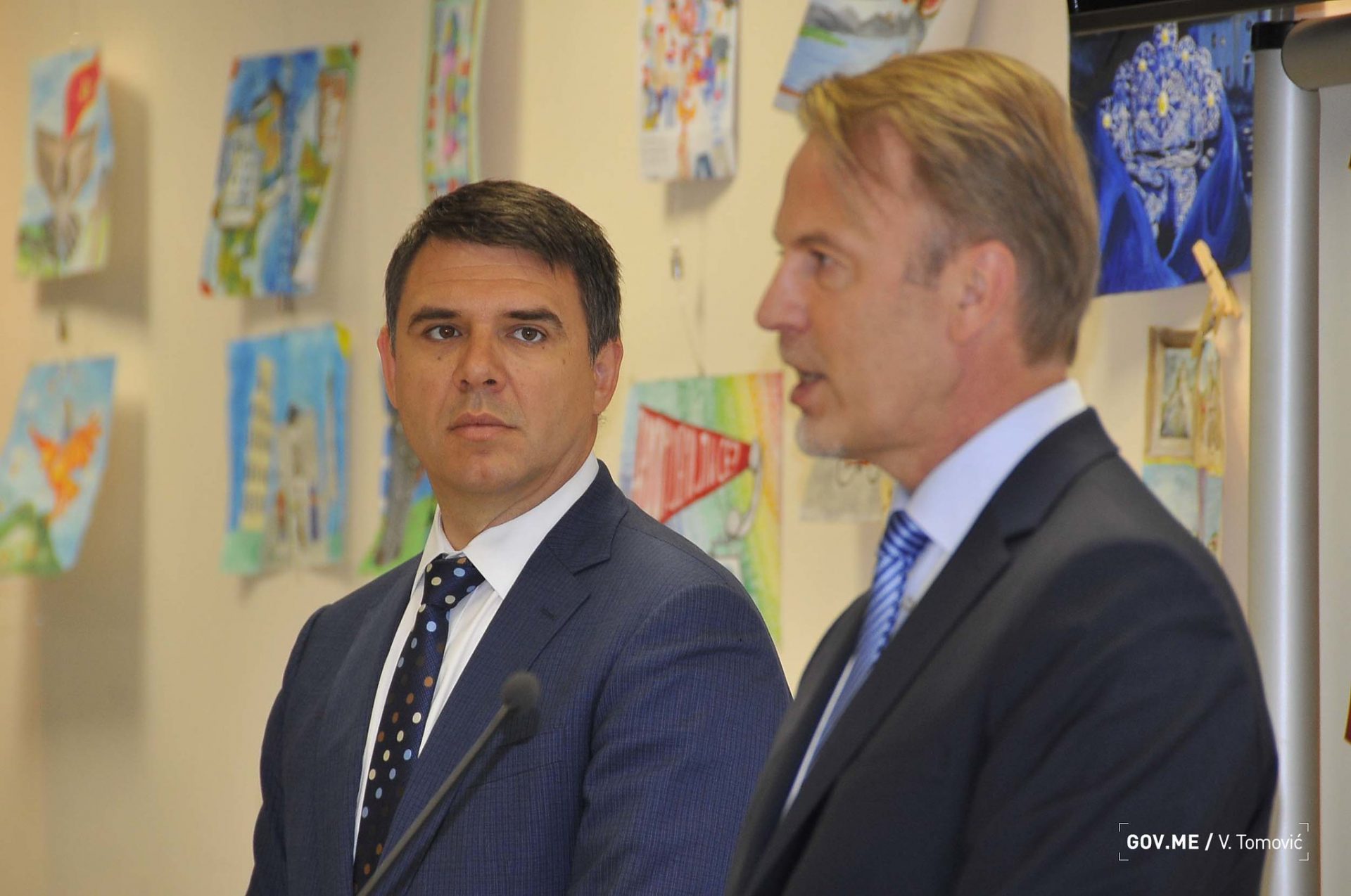
Mr Drljević: We are talking about the most demanding and most complex elements of the rule of law. Corruption is not Montenegrin phenomenon only and we are aware that even after the EU accession we will have to keep strengthening our mechanisms.
I’d like to emphasize the results achieved by the Police Department and Special Prosecutor’s Office.
Actions carried out by the Police Department, in cooperation with EUROPOL and INTERPOL, led to arrest of the members of criminal groups. Several tones of narcotics have been seized at our border crossings.
Although there are positive results, the job isn’t all done. In the forthcoming period, the institutions will intensify their activities in order to make the results more visible in practice.



